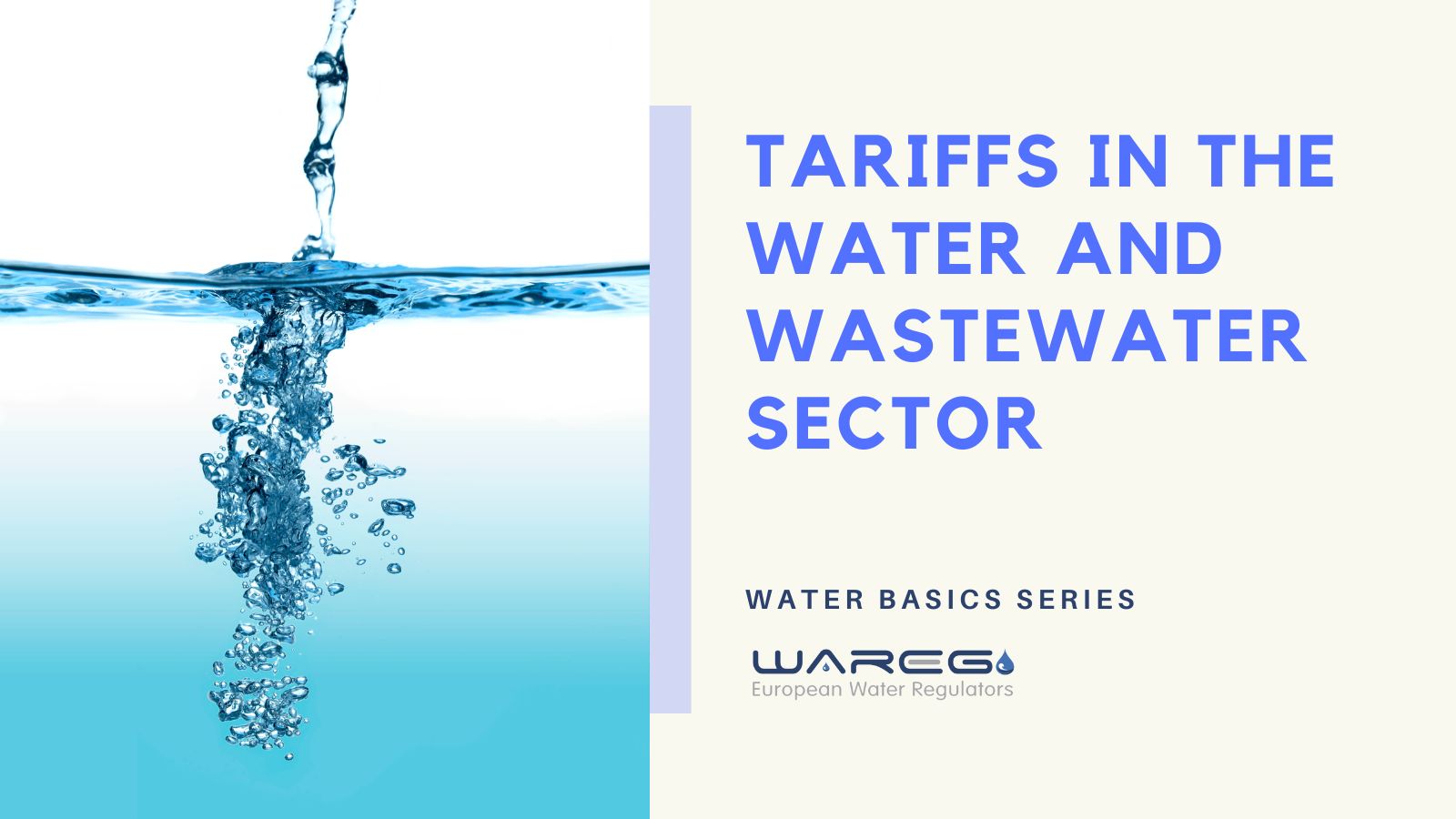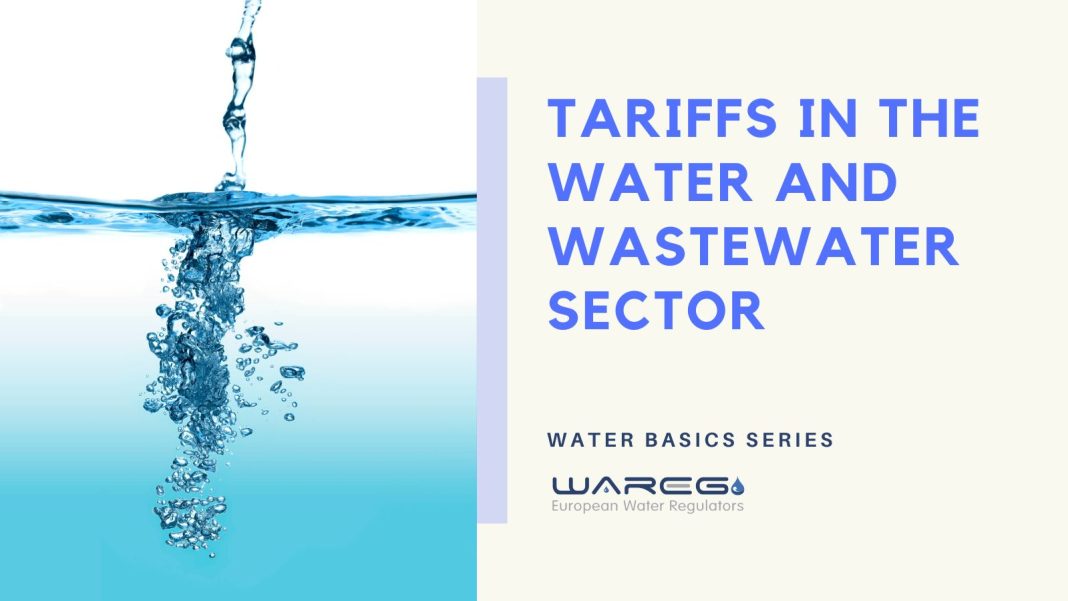 Steel and aluminum tariffs have been imposed by the Biden administration on China’s transshipping through Mexico. The decision was made in response to China’s tariff evasion practices and concerns that steel meant for China’s building industry is being routed through Mexico at low prices due to China’s real estate crisis.
Steel and aluminum tariffs have been imposed by the Biden administration on China’s transshipping through Mexico. The decision was made in response to China’s tariff evasion practices and concerns that steel meant for China’s building industry is being routed through Mexico at low prices due to China’s real estate crisis.
The new tariffs, which took immediate effect, involve a 25 percent tariff on Mexican steel poured or melted outside of North America. Previously, this steel entered the United States tax-free. Additionally, a 10 percent tariff will apply to aluminum from Mexico that had been cast or smelted in China, Russia, Iran, or Belarus. The aim of these tariffs is to prevent Chinese steel and aluminum from entering the U.S. market through Mexico and undermining American investments and workers.
These new tariffs build upon former President Donald Trump’s tariffs in 2018. They require Mexico to provide new country-of-origin reporting and apply to significant amounts of metals being transshipped by China. In 2023, U.S. steel imports from Mexico reached approximately 4 million tons, with 13 percent of it poured or melted outside of North America. Similarly, aluminum imports from Mexico totaled up to 710,000 metric tons, with 6 percent cast or smelted elsewhere.
One of the main reasons Chinese steel is unnaturally cheap is due to large state subsidies that eliminate competitors. This poses a risk for the United States as it becomes more vulnerable in emergencies, such as war, and potentially subject to higher prices if China decreases supply or imposes monopolistic pricing.
While increased tariffs may lead to higher prices for domestic producers and consumers, they also generate government revenue that can be used to decrease income taxes or pay down the national debt. Moreover, these tariffs support the U.S. steel and aluminum industries, maintain factory operations, create jobs, and strengthen the U.S. industrial ecosystem. This is crucial in case of emergencies where the United States relies heavily on domestically produced goods.
The Alliance for American Manufacturing considers these tariffs a step forward in countering China’s predatory trade practices and making North American steel trade fairer. Scott Paul, the president of the organization, emphasizes the importance of not allowing China and other nations to exploit trade with neighboring countries to avoid U.S. trade enforcement.
However, the Coalition for a Prosperous America (CPA), representing U.S. manufacturers affected by Mexican steel imports, argues that the new tariffs should be extended to include conduit, rebar, wire rod, and other steel products that Mexican companies have been shipping tariff-free at levels exceeding agreed-upon limits. The CPA accuses Mexico of ongoing and blatant violations of the 2019 joint steel agreement, where the U.S. dropped Section 232 tariffs while Mexico agreed to limit steel exports to levels from 2015-2017.
Despite this disagreement, the tariffs represent a step in the right direction. They specifically target Mexican metals that have Chinese involvement. This establishes the principle that tariffs against an adversary should also apply to products transshipped through third countries. By implementing these tariffs, the United States can include similar clauses in future tariffs to apply to any company from any adversary country, regardless of its location.
Given that the Chinese Communist Party (CCP) is anti-U.S. and has control over Chinese companies worldwide, it is unwise to rely on these companies during emergencies. Tariffs on such companies encourage safer imports from friendly countries, protect and strengthen U.S. supply chains, and create more good jobs.
In conclusion, the Biden administration’s decision to impose tariffs on Chinese transshipping through Mexico aims to combat China’s tariff evasion practices and protect American investments and workers. While there are differing opinions on the extent of these tariffs, they represent a step in the right direction and establish important principles for future tariffs against adversary countries.


